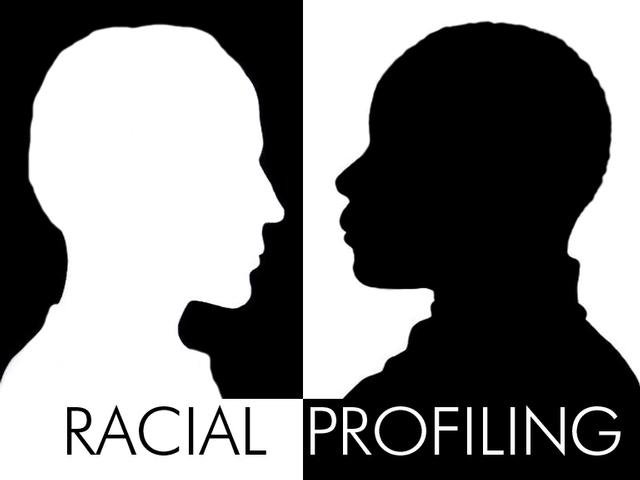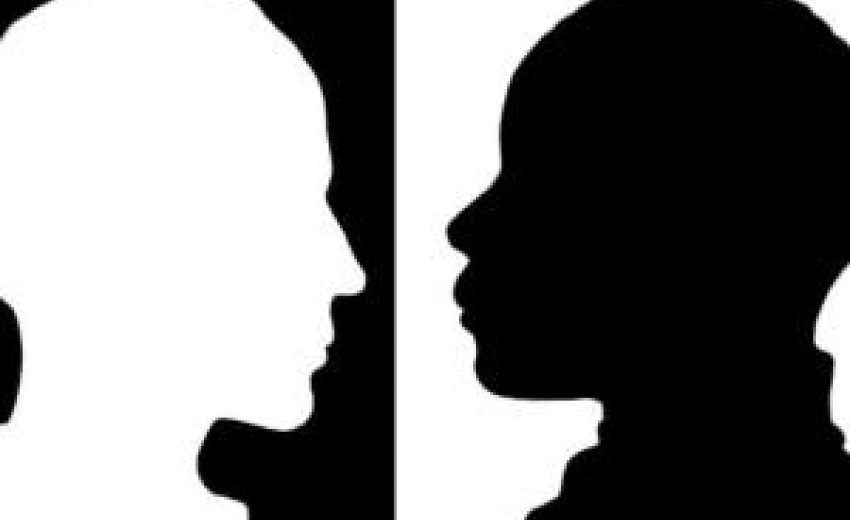Friday, March 16, 2012: In the wake of reports of surveillance of Muslim communities by the New York City Police Department, it is important to recognize that other law enforcement agencies have been targeting Muslim, Sikh, and South Asian communities over the past decade. The results of a recent documentation project confirm that South Asians endure heightened scrutiny without any evidence of wrongdoing. The impact is severe, affecting community members’ personal lives and sense of identity.

• Government officials frequently question South Asians about their faith or national origin. Among the subset of respondents who provided details on interactions with law enforcement, 73% of respondents reported being questioned about their national origin and 66% reported being questioned about their religious affiliation.
• Government officials frequently question South Asians about their immigration status, which is used as leverage to pressure individuals to spy on fellow community members. Various respondents also reported being asked by law enforcement to report the activities of friends and colleagues in order to obtain immigration benefits.
• South Asians subjected to profiling often sense being viewed as “suspects” by the general public, within their community, and even within their families. Whether as a result of profiling by airport officials, immigration authorities, or police and FBI agents, many respondents reported fearing nearby witnesses would subsequently view them with suspicion. In some instances, relationships with friends, colleagues, and family members became strained following baseless questioning.
• South Asians encounter profiling so routinely that many have altered their behavior in an attempt to avoid additional scrutiny. For example, among the subset of respondents who indicated the frequency at which they are subjected to secondary security screening at airports,, a striking 25% of respondents stated being selected more than half of the time that they traveled. As a result, many reported changing their activities, such as flying less frequently or removing religious attire prior to travel.
• South Asians report that profiling has caused them to lose faith in the government’s ability to protect them in times of need. Among respondents who had experienced questioning or arrests by the NYPD or FBI, community members who reported bias or discrimination in the private sphere to police felt requests for help went unheeded.
Selected Key Recommendations:
The following are selected key recommendations for lawmakers, government agencies, and other key stakeholders. A fuller and more detailed set of recommendations will be available in the forthcoming report.
Introduce and pass robust anti-profiling legislation, including those modeled after the End Racial Profiling Act, which, among other things, would prohibit the use of profiling on the basis of race, religion, ethnicity, national origin, or gender by law enforcement agencies.
Hold hearings and conduct investigations on the effect of counterterrorism policies and profiling on South Asian, Muslim, Arab, and Sikh communities. This includes federal, state, and local hearings as well as investigations by government agencies responsible for enforcing civil rights laws.
Pass legislation that explicitly prohibits surveillance premised on race, ethnicity, national origin, or religion by law enforcement agencies.
Strengthen government and civilian oversight over law enforcement agencies, including a new Inspector General’s office for the NYPD.
Mandate religious and cultural competency trainings with community-based organizations with expertise on South Asian, Muslim, and Sikh communities for law enforcement personnel.
Separate intelligence-gathering and community outreach strategies. Agencies that should not conflate and combine these engagement strategies include DHS, FBI, and NYPD.
This report is a joint project by the New York City Profiling Collaborative with DRUM – Desis Rising Up and Moving, The Sikh Coalition, UNITED SIKHS, South Asian Youth Action (SAYA!), Coney Island Avenue Project, and Council of Peoples Organization, coordinated by South Asian Americans Leading Together.
